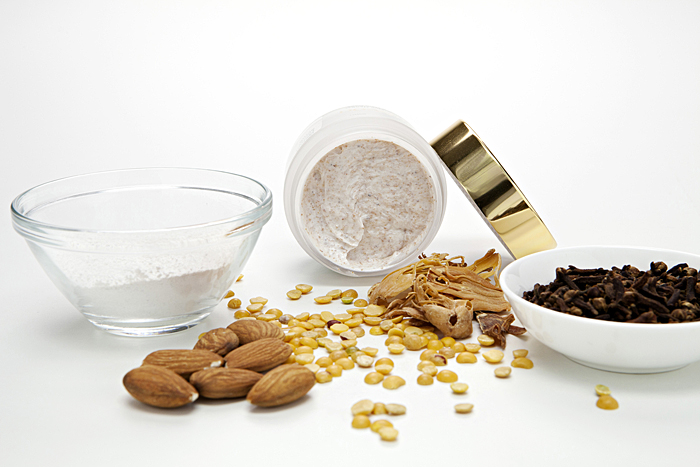
Organic and Natural Skin, Hair and Body Care
Natural and Organic Skin, Body and Hair Care.
We get so many people saying we want to change to natural products which are organic. The truth is there is a plethora of “green products “ and quite often very confusing. Eventually one arrives at a beauty routine that suits them.
We thought it pertinent to generically provide some information on this topic. Remember marketing words are often used to provide a perception and it is up to you to analyse what is and what is not. The most common words are natural, certified organic, organic, wild harvested, wild crafted to name a few. Then someone comes up with a new catch phrase and that becomes the buzz.
One has to remember that is no regulation by any governing body to state that the word natural is defined, so a brand can use natural as a marketing ploy.
Natural skin care can be products that are sourced from plants (plant based), minerals or animal by products (like Lanolin oil which is a secretion from sheep’s skin. It’s similar to human sebum, an oil secreted by the sebaceous glands that you may notice particularly on your nose. Unlike sebum, lanolin contains no triglyceride) . This means a product that contains a handful of natural skin care ingredients can claim it’s natural, despite the addition of synthetic ingredients.
As a discerning buyer reading the ingredients should become a habit. Usually the list of ingredients is from highest to lowest percentages. Some synthetic ingredients are naturally derived like benzyl alcohol used as preservative and is from plants.
Organic Skin Care vs Certified Organic Skincare.
Organic refers to a plant that is grown without chemical fertilisers, pesticides, antibiotics or growth hormones. There is no single accredited body that governs the regulation , but in Australia brands must comply with the ACO guidelines – Australian Certified Organic. To make that claim a formulae must have 70-95% ingredients that are organic. To use Certified Organic the rules are stricter and a product must have 95-99% organic ingredients. They usually have the BUD logo.
